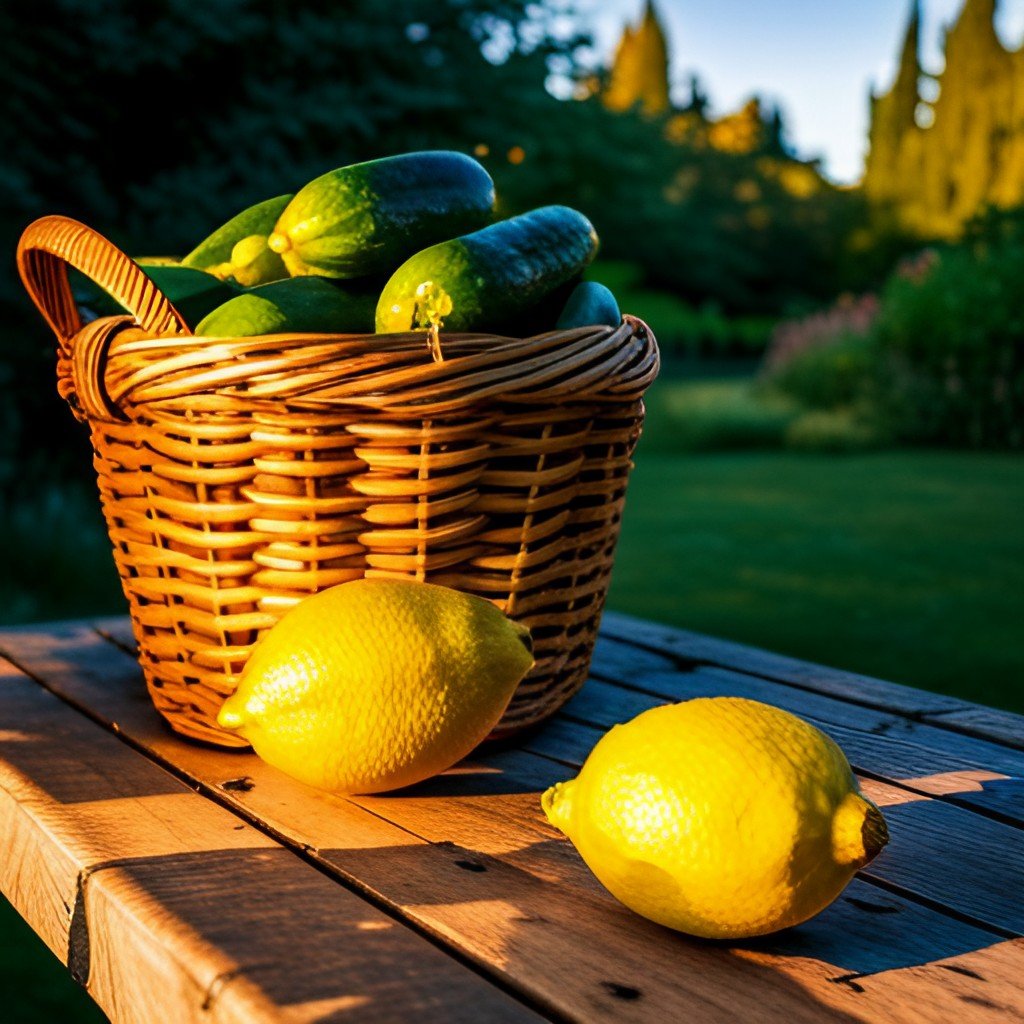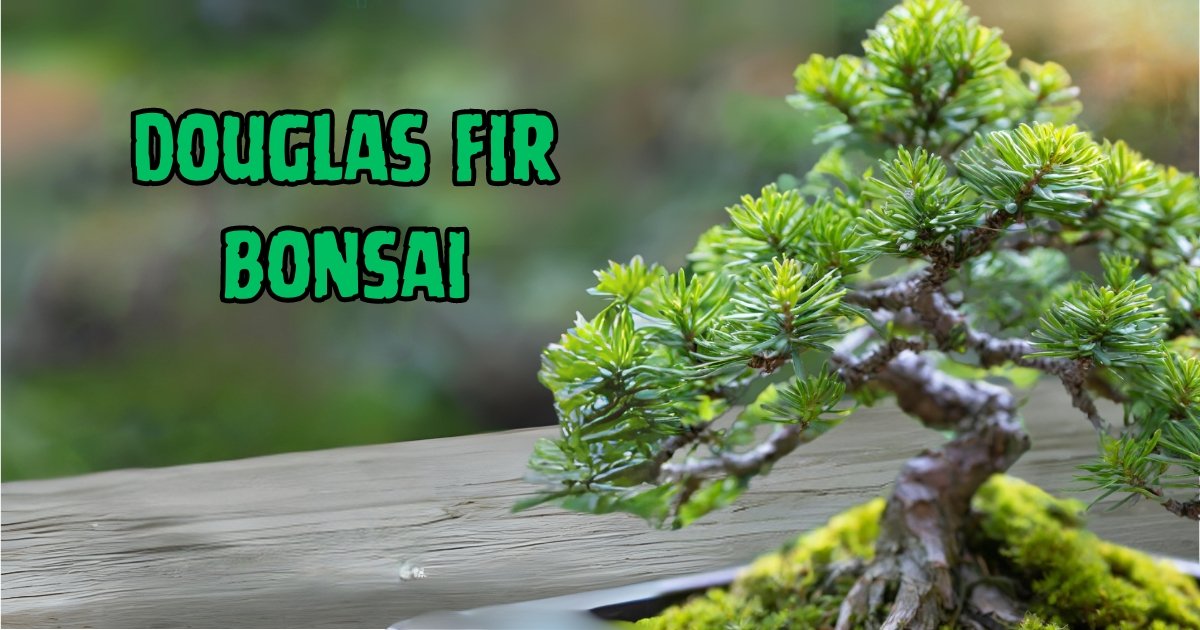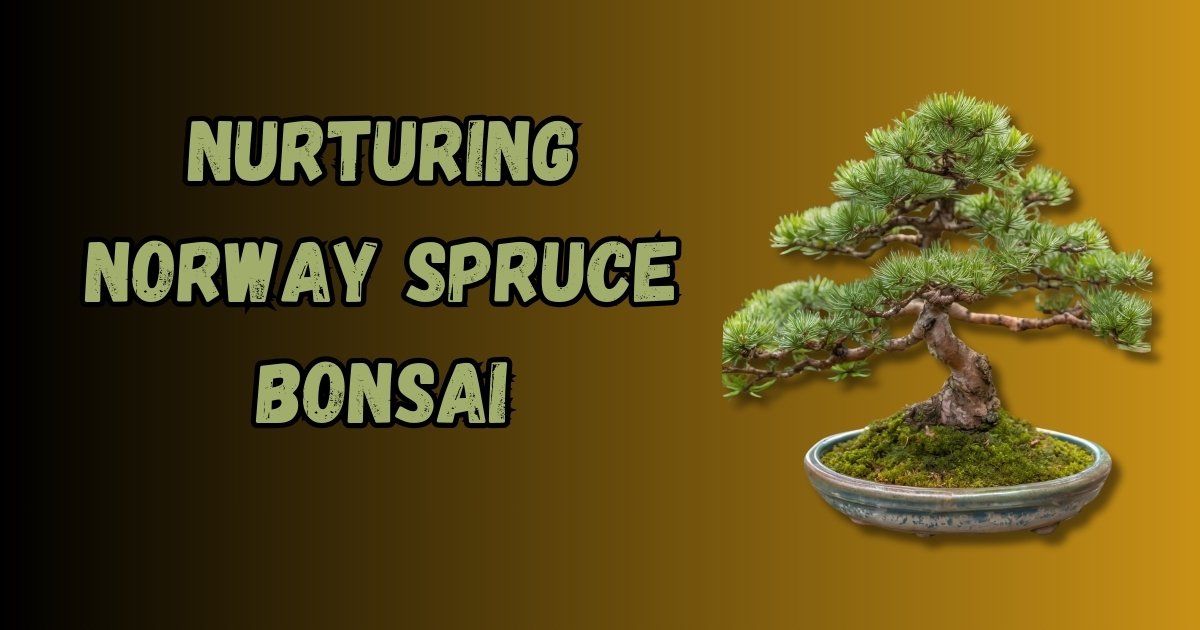Growing Lemon Cucumbers is a fun and rewarding gardening project that can yield delicious results! This in-depth guide will provide you with all the tips and tricks you need to successfully plant, cultivate, and harvest your home-grown lemon cucumbers. Whether this is your first foray into gardening or if you are an experienced gardener looking for something new, our comprehensive guide will get you well on your way to harvesting fresh, sorbet yellow ricochets of flavor.
From understanding the anatomy of a lemon cucumber seedling to providing information on overall maintenance and harvesting techniques, we’ll make sure that your spicy little cukes are ready for pickling (or eating!) in no time.
Understanding Lemon Cucumbers and Their Benefits
Before we dive into the nitty-gritty of growing and harvesting lemon cucumbers, let’s take a moment to understand what exactly these tasty little veggies are. Lemon cucumbers, also known as apple cucumbers or yellow cucumbers, are a small variety of cucumber that is round and yellow when ripe.

They have a crisp texture and a slightly sweet, lemony flavor that sets them apart from other types of cucumbers. Not only are they delicious, but they also have several health benefits including being low in calories and high in vitamins and minerals.
History of Lemon Cucumbers
Lemon cucumbers, despite their name, do not have a citrus origin, but rather find their roots in the typical cucumber family. The variety was first introduced to the United States in the early 1890s, despite being cultivated in the Mediterranean and Middle East for centuries prior. Known for their distinctive lemon-like appearance rather than flavor, these cucumbers were quickly embraced by gardeners for their unique look, taste, and the fact they were less bitter than some cucumber counterparts. Today, they are a popular addition to many gardens around the world due to their ease of growth, prolific production, and versatile culinary uses

Selecting Your Seeds and Supplies
When it comes to growing lemon cucumbers, the first step is selecting your seeds and supplies. Lemon cucumber seeds are readily available at most gardening stores and online retailers. When choosing a variety, consider factors such as disease resistance, yield potential, and flavor profile. Additionally, you’ll need to gather other necessary supplies such as pots or planters, well-draining soil, and trellises for support if desired.
Factors To Consider When Planting Lemon Cucumbers
When planting lemon cucumbers, it’s important to consider factors such as location, soil quality, and watering techniques. Cucumbers lemon thrive in loose, well-draining soil with plenty of sunlight and regular watering. They can be planted directly in the ground or pots as long as they have enough space to grow. It’s also a good idea to add organic matter, such as compost or manure, to the soil for added nutrients.
Tips To Maximize Germination Rates
To ensure the highest germination rates for your lemon cucumber seeds, it’s important to follow a few simple tips. First, soak the seeds in water for 24 hours before planting to help soften the seed coat and promote faster growth. Additionally, keep the soil consistently moist but not over-watered, as this can cause the seeds to rot. Finally, make sure to plant the seeds at the recommended depth, typically about 1 inch deep.
How To Care For Your Lemon Cucumber Plants
Once your lemon cucumber plants are established, it’s important to care for them properly to ensure a bountiful harvest. This includes regular watering, fertilizing every 2-3 weeks with a balanced fertilizer, and pruning off any dead or damaged leaves. It’s also beneficial to provide support for the plants through trellises or stakes, as lemon cucumbers can grow quite tall.
Pest Control and Disease Prevention Strategies
As with any plant, lemon cucumbers are susceptible to pests and diseases. To prevent issues, it’s important to regularly inspect your plants for signs of damage or disease and take appropriate measures if needed. This can include using organic pest control methods, such as beneficial insects or natural sprays, and practicing crop rotation to prevent the buildup of disease in the soil.
Harvesting and Storing Lemon Cucumbers
The most exciting part of growing lemon cucumbers is, of course, the harvest! Cucumbers lemon are typically ready to be picked when they reach 2-3 inches in diameter and have a bright yellow color. Simply twist or cut the cucumber off the vine, being careful not to damage the plant. They can be stored in the refrigerator for up to a week, or pickled for longer-term storage and enjoyment.
Best Practices for Cooking With Lemon Cucumbers
Lemon cucumbers are incredibly versatile in the kitchen, making them a favorite among home cooks and chefs alike. They can be eaten fresh in salads, salsa, or dips, or used as a substitute for regular cucumbers in recipes. Their mild flavor also makes them perfect for pickling to enjoy throughout the year. Experiment with different recipes and cooking methods to find your favorite way to use these tasty little veggies.
Additional Tips for Successful Lemon Cucumber Gardening
- Start seeds indoors 3-4 weeks before the last frost date for your area to get a head start on the growing season.
- Use a trellis or stake to support the vines and keep them off the ground, which can help prevent disease and make harvesting easier.
- Harvest Cucumbers lemon frequently to encourage continual fruit production throughout the season.
- If growing in a pot, make sure it has good drainage holes and is at least 12 inches deep to allow for proper root growth.
- Don’t be afraid to experiment with different varieties of lemon cucumbers, such as the larger, oval-shaped variety or the white lemon cucumber. Each type may have its unique flavor and texture. So why not add some fun colors and shapes to your garden by trying out a few different types of lemon cucumbers?
- Finally, enjoy the process of growing your lemon cucumbers and savor the delicious, tangy flavor they bring to your meals.
Fascinating Facts About Lemon Cucumbers
Lemon cucumbers are a treasure trove of interesting facts that extend far beyond their vibrant, lemon-like appearance. Here are a few captivating highlights:
- Historical Significance: Lemon cucumbers have been around for centuries, believed to have originated in India around the 16th century before gradually making their way to Europe and the Americas.
- Unique Appearance: Unlike most cucumbers, the lemon cucumber is round and yellow, resembling a lemon. However, the flavor is mild and sweet, much more similar to a cucumber than a lemon.
- Excellent Hydration Source: Lemon cucumbers are made up of approximately 95% water, making them an excellent source of hydration during the warmer months.
- Abundant in Nutrients: These cucumbers are rich in vitamin C, vitamin K, potassium, and antioxidants, which can contribute to overall health and well-being.
- Perfect for Container Gardening: Lemon cucumbers are great for container gardening due to their small size and compact growth habit. This makes them an excellent choice for those with limited gardening space.
- Productivity: One plant can produce a large number of cucumbers throughout the growing season, making them a high-yield vegetable.
- Versatility: Cucumbers lemon can be eaten raw, pickled, used in salads, or even as a garnish for cocktails.
- Beneficial for Skin: The cucumber’s skin is rich in dietary fiber and contains a variety of beneficial compounds, including antioxidants and flavonoids.
Growing lemon cucumbers is a rewarding experience not only due to their unique look and taste but also for their fascinating facts and multiple health benefits.
Conclusion
In the world of gardening, nothing compares to the joy of harvesting your yield, especially when it is something as distinctive and delightful as Lemon Cucumbers. With their unique flavor profile, health benefits, and versatility in the kitchen, these cucumbers offer a refreshing twist to traditional gardening. This guide should provide you with a comprehensive understanding of how to plant, care for, and harvest Lemon Cucumbers. Whether you are a novice or a seasoned gardener, there is always room for a new challenge in your garden. Here’s to a successful gardening season and the delightful, tangy crunch of your very own home-grown Lemon Cucumbers!
Frequently Asked Questions about Lemon Cucumbers
What is the best time to plant Lemon Cucumbers?
Lemon Cucumbers should be planted after the last frost, typically in late spring or early summer, when soil temperatures reach at least 60°F (16°C).
How much sun do Lemon Cucumbers need?
Lemon Cucumbers thrive in full sun but can tolerate partial shade. However, for optimal growth and fruit production, they should receive at least 6-8 hours of sunlight per day.
How often should I water my Lemon Cucumbers?
Watering depends on various factors such as the weather and the plant’s growth stage. Generally, Cucumbers lemon require 1-2 inches of water per week. However, during hot, dry periods, they may need more frequent watering.
What kind of soil do Lemon Cucumbers prefer?
They prefer well-drained, fertile soil with a pH between 6.0 and 6.8. Adding organic matter like compost can enhance the soil’s fertility and texture.
Can I grow Lemon Cucumbers in a pot?
Yes, Cucumbers lemon are suitable for container gardening. Ensure the pot is deep enough (at least 12 inches) for the root system and has adequate drainage.
When and how do I harvest Lemon Cucumbers?
Cucumbers lemon are ready for harvest when they reach 2-3 inches in diameter and have a bright yellow color. Twist or cut the fruit off the vine carefully to avoid damaging the plant.
Are Lemon Cucumbers good for pickling?
Absolutely! Their size and flavor make them perfect for pickling. They can be used to make sweet or dill pickles, bread and butter pickles, or even relish.
What does Lemon Cucumbers taste like?
Despite their lemon-like appearance, Cucumbers lemon taste more like a traditional cucumber but with a slightly sweeter and more delicate flavor.





